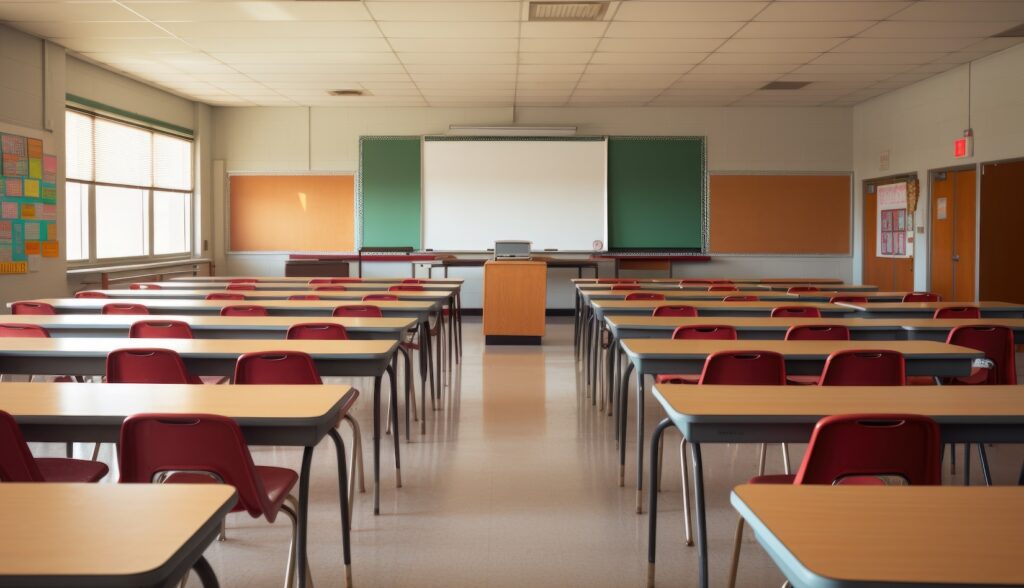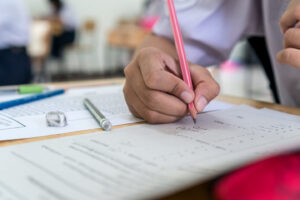No good news about student learning on 4-year anniversary of COVID school closures
(The Center Square) – Four years ago this month, schools nationwide shut down as COVID-19 numbers skyrocketed and students were sent home for what was initially planned to be two weeks.
Some…

(The Center Square) – Four years ago this month, schools nationwide shut down as COVID-19 numbers skyrocketed and students were sent home for what was initially planned to be two weeks.
Some schools reopened by fall 2020, but Washington was one of the last states in the nation to reopen schools for in-person learning.
Gov. Jay Inslee urged districts to reopen in March, 2021 but there was a great deal of resistance from the Washington Education Association raising concerns about new variants of the virus at the time.
“Look at what’s happened with our children made to pay the price for the fears of adults,” said Liv Finne, Education Center Director at Washington Policy Center, who tells The Center Square the damage to education is generational.
“Especially children coming from families of poverty, they may never recover, and they will earn less throughout their lifetimes, with fewer opportunities in college and trades because of the decision to close schools for 18 months,” she said.
Finne points to recent economist predictions that children in Washington state “will lose 7% of their earning potential due to COVID school closures.”
“If you don’t get a solid grounding in the basics of math or reading, with the current system that advances you regardless of whether you achieve the knowledge you need to succeed in the next grade, we end up socially promoting children to the next grade,” she said.
Finne hears from teachers that are extremely upset, “Because they are seeing it happen in front of them and they’re told not to individually assess the knowledge of students.”
“It’s just astonishing that our society could do this to our children and set them forth on their lives knowing that they carry a burden we have imposed on them. It’s morally wrong; reprehensible,” she said.
The Spring of 2023 Smarter Balanced Assessment of Washington students showed only 39% of students passed the state test in math.
“Only 50.1% passed the state test in reading which means 49% are failing in reading,” said Finne.
Chronic absenteeism is another huge issue in the wake of the pandemic.
“If parents are told we’re not going to open schools and you have to figure out what to do and they turn their backs on parents, then parents are thinking why should I go to the effort as they’ve lost trust in schools,” Finne said.
Washington OSPI and Superintendent Chris Reykdal responded to The Center Square about learning loss after the pandemic.
“The Superintendent has been very public about our students’ learning and well-being recovery in the years since we saw the highest impacts of the pandemic — from mental health, to graduation rates, to attendance, to state test scores, to completion of advanced coursework.”
OSPI this week released the Washington School Improvement Framework, highlighting ways the state is helping schools where students are struggling the most, post pandemic.



